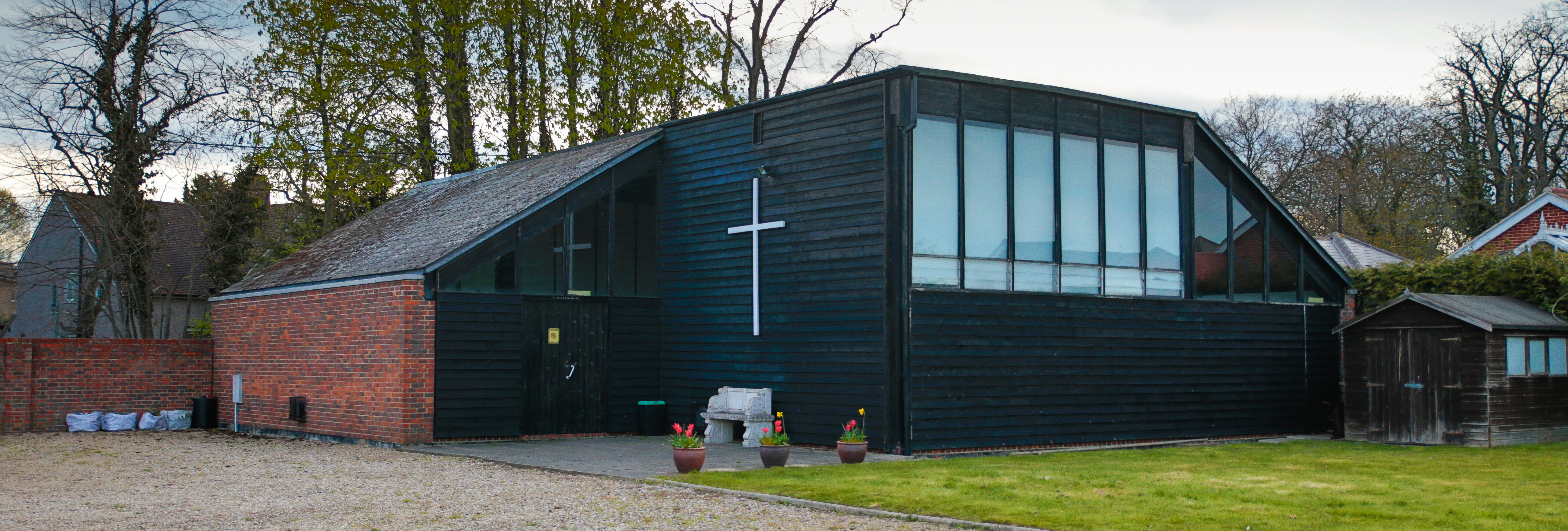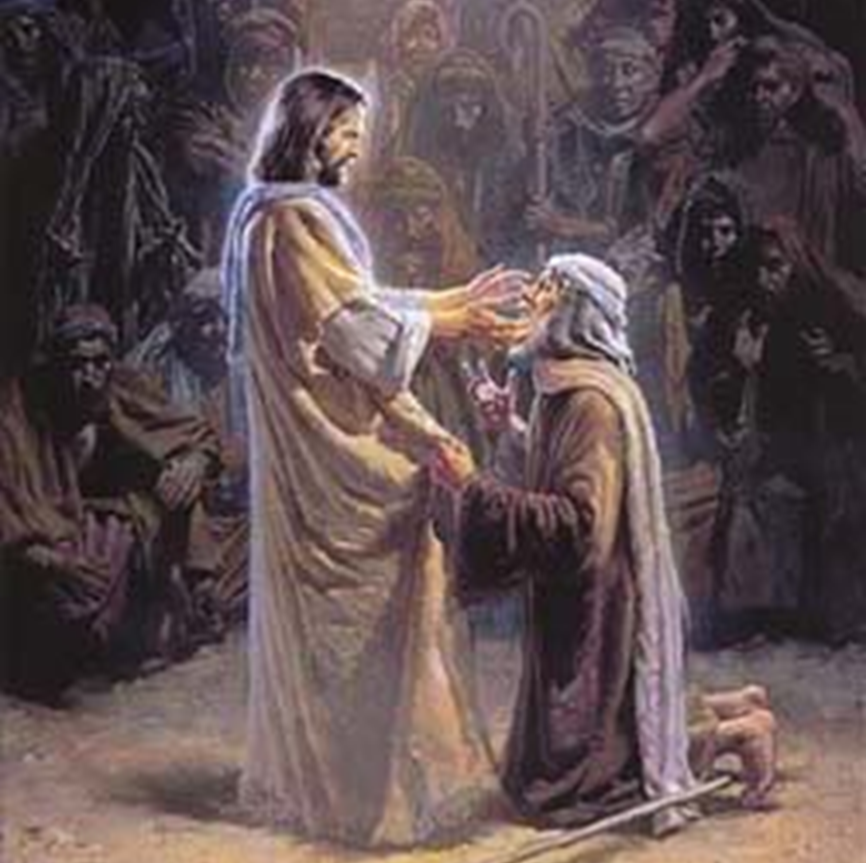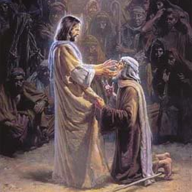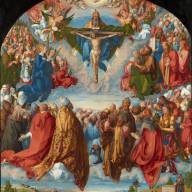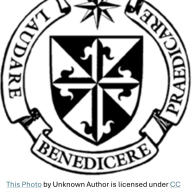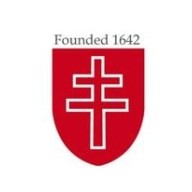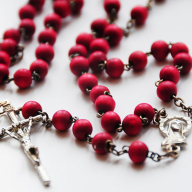The Prophet Jeremiah is a byword for ‘doom and gloom’ – giving us the descriptive word ‘Jeremiah’ – but today his message is one of hope and joy. God’s ultimate purpose is the in-gathering of his people. Those who went into exile in tears will return in joy. No doubt Jeremiah’s attention was focused on the short term at a time when the Babylonians had captured Jerusalem, but as God’s voice he also points to a purpose that will be completed only at the end of time and in a heavenly rather than earthly Jerusalem. Among those he lists are the blind and the lame.
The healing miracles, such as Bartimaeus in today’s Gospel, are not simply personal favours but intended as signs that with the coming of Christ God’s Kingdom has already begun. It will not be established fully until the end of time but the grace of God is already at work all around us. Like Bartimaeus we need to make our needs known to Our Lord, not because he is unaware but as a sign of our faith. Christ is our Supreme High Priest offering his life for us on the Cross. The Mass is a specially privileged moment when we can make known our needs and prayers to him. We symbolically place them on the paten and in the chalice with the bread and wine we present to him for transformation in the Eucharist and these prayers are made more explicit during the Eucharistic Prayer when mention is made both of the living and the dead. This also explains the custom of asking the priest to celebrate Mass for a particular intention. It is not that the person making the request is staking an exclusive claim to the Mass but rather that the priest’s personal intention is focused especially on this request alongside the general intentions and prayers of the Church as a whole.



